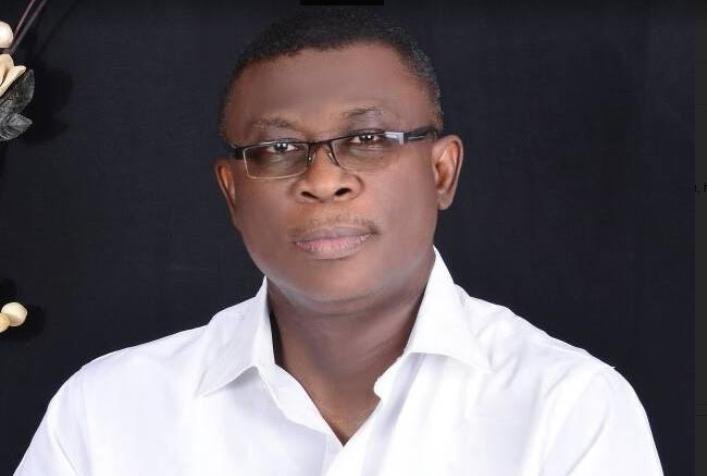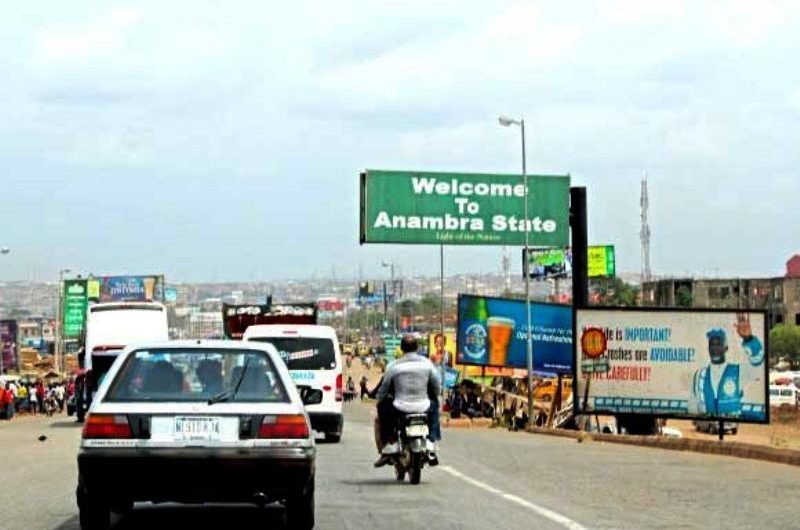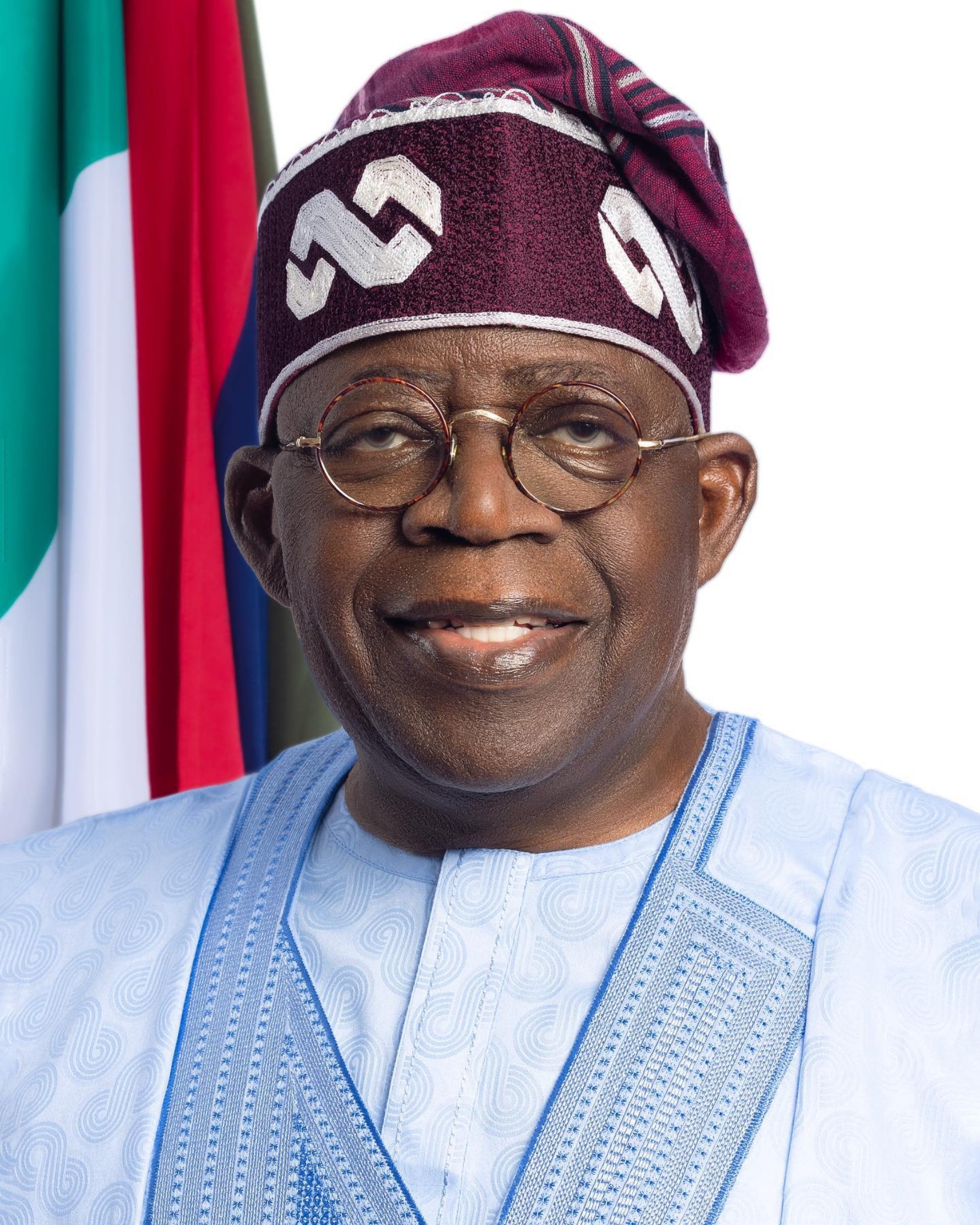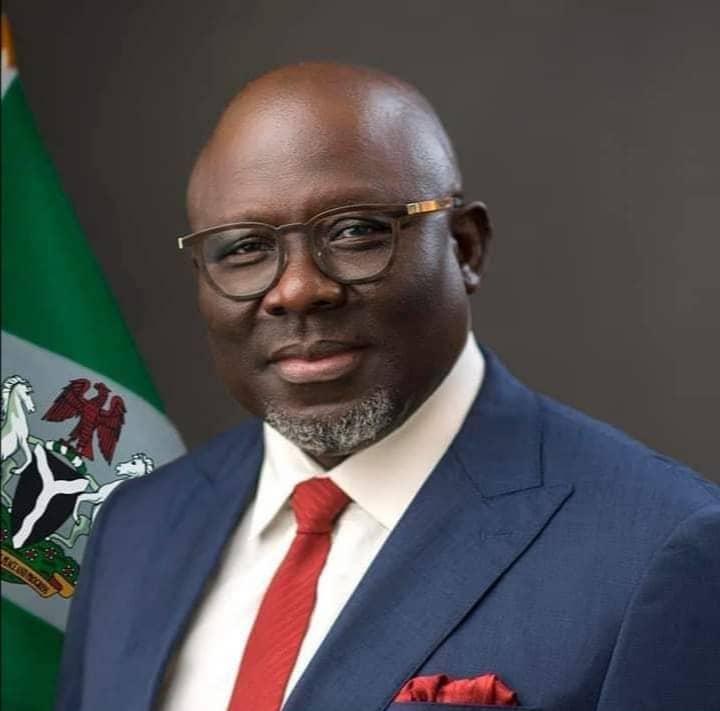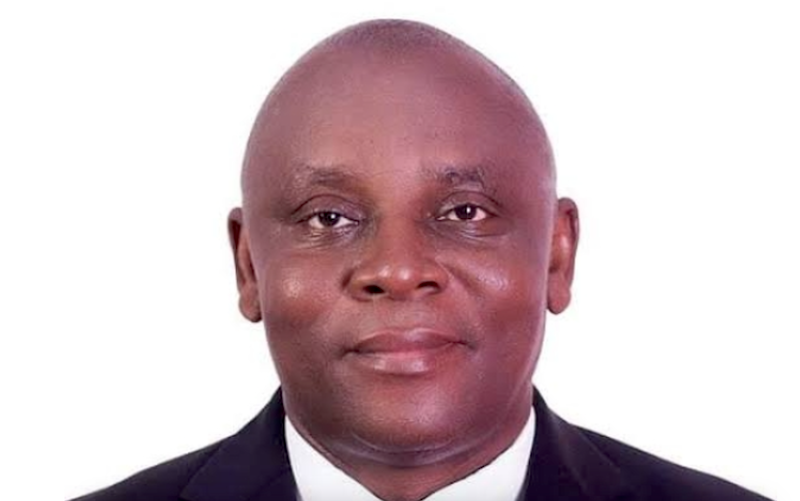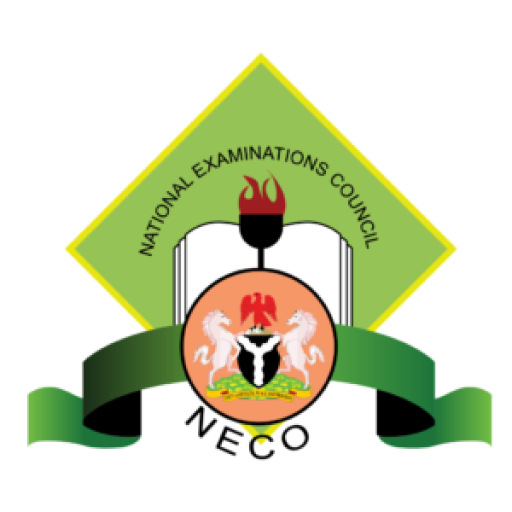By Jeff Ukachukwu
Ebonyi State, known across Nigeria as the “Salt of the Nation,” is undergoing a profound transformation—an educational awakening that is redefining what it means to belong to this southeastern state. This change, far from being a mere whisper, is being built in concrete, spoken in classrooms, and carried in the dreams of pupils tapping away at donated laptops. It is education, and in Ebonyi today, education is not a sector—it is a strategy, a symbol, and a source of collective pride. In villages that once knew only corrugated roofs, 22‑classroom concrete blocks now rise with quiet authority, their laboratory benches still smelling of fresh varnish. Teenagers wander through half‑finished corridors and claim them as their own, whispering that these are “the nicest buildings in our place.” This pride is not a coincidence; it is the heartbeat of Governor Francis Nwifuru’s unwavering determination to string a single narrative across every learning tier—start them young, train them well, and watch them invent the future. This is not mere rhetoric. It is a comprehensive vision that links early-grade literacy to postgraduate research, digital inclusion to rural empowerment, and classroom learning to self-reliant livelihoods.
The story begins in the primary years, where six pilot schools —smaller in scale but just as thoughtfully designed— sit like test kitchens for a new pedagogy. Here, chalkboards share wall space with smart screens, and six‑year‑olds grapple with laptops before they have mastered long division. Their teachers—some of the thousand new recruits—arrived only weeks ago, buoyed by a three‑day crash course in early‑grade reading that replaced rote phonics drills with songs and story games. One tutor joked that she now teaches sounds instead of letters. The joke hides a serious pivot: Ebonyi wants comprehension, not just recitation. With 12 classrooms apiece, they reflect a renewed seriousness about foundational education. This is where habits are shaped, where a child’s self-image begins to form. It is no coincidence that these primary schools are equipped with tools that many rural schools across Nigeria still lack—furniture, technology, and even playgrounds in some cases.
In every local government area of the state, new structures are rising. These are not just physical buildings but symbols of intent. Thirty-nine model secondary schools—three per LGA—are nearing completion or already in use. They are spacious, well-ventilated, one-storey facilities, each boasting 22 classrooms, administrative offices, examination halls, and science laboratories. These schools represent the most substantial public investment in many communities in decades. In places like Ezza South and Ikwo, students walk into their new classrooms with awe; their eyes widen not just at whiteboards or ceiling fans but at the realisation that they are being prioritised. These buildings tell children that they matter, and this sense of importance is a powerful catalyst for their academic growth and personal development.
Recognising that infrastructure alone doesn’t teach, Ebonyi State is committed to strengthening the human backbone of the education system. One of the most celebrated initiatives has been the recruitment of 1,000 new secondary school teachers, carefully selected to boost staffing in urban and remote communities. Beyond recruitment, the state is also focusing on teacher capacity development. The Universal Basic Education Board recently conducted a statewide Early Grade Reading training that brought together educators from all 13 local government areas. The feedback has been overwhelmingly positive, with teachers returning to their schools better equipped and more confident, ready to bring life back into the classroom.
Learning resources have also received a much-needed facelift. In a move that caught national attention, the state began distributing free notebooks, textbooks, and laptops to public school students. The sight of children navigating digital tools in remote towns like Afikpo or Ishielu speaks volumes about how quickly change can come when political will is matched with logistical planning. Parents, while grateful, have raised some thoughtful concerns: what happens when these devices malfunction? Will there be a budget for repairs? Will there be training for their use? These are the right questions, and they remind policymakers that good policy does not end at distribution; it thrives in continuity.
The transformation doesn’t stop at the secondary level. In a rare and bold move, Ebonyi State invests heavily in tertiary education with two brand-new universities: the University of ICT in Oferekpe, Izzi, and the University of Aerospace Engineering in Ezza. These institutions are not random choices. They are calculated bets on where the world is going—toward coding, cybersecurity, satellite technology, aviation, and artificial intelligence. Ebonyi is not waiting to be invited into the future. It is building the infrastructure to allow it to arrive on its own terms. Existing universities are not left behind. At Ebonyi State University (EBSU), the government recently slashed tuition fees and increased staff salaries by 20 per cent. It was a rare moment of collective applause from both students and lecturers—evidence that leadership, when responsive, can unify.
Perhaps the most inspirational part of the state’s education revival is its scholarship programme. Over 1,000 Ebonyians—300 of them studying abroad—have received funding to pursue postgraduate degrees. These are not just academic awards; they are social mobility tickets. Young men and women from farming households are now conducting research in Germany, Canada, Malaysia, and the UK. The goal is to support 8,000 scholars by 2031. Recipients like Emmanuel Nwachukwu, currently pursuing a master’s degree in biomedical engineering, have vowed to return and contribute their skills. They carry the hopes of families, communities, and a state that sees its diaspora not as lost but as leaders-in-training. The state courts them with promises of research grants and startup seed money, but nobody can fully legislate against brain drain. Ebonyi will have to build an economy worthy of their return.
Public response has been largely enthusiastic. Teachers and their union leaders celebrate a thousand new colleagues but plead for lighter class loads and a seat at policy tables. PTAs crave repair funds and steady electricity, so digital tools do not become decorative. Scholarship awardees are grateful, yet they ask for a formal alumni network to mentor the subsequent cohorts. Parents appreciate the material support but plead for systems to ensure continuity. Students feel seen and inspired. Of course, there are challenges. Some school buildings are yet to be completed. In remote areas, internet access remains patchy, limiting the usefulness of digital learning tools. Sustaining the scholarship programme and teacher salaries will require a diversified revenue base, especially as the state contends with the economic volatility of oil dependence.
Even praise comes with cautionary tales. Accelerated construction occasionally trades patience for speed; a cracked lintel here and a leaking roof there remind everyone that buildings require long marriages with maintenance crews. Laptops without broadband become sleek notebooks; science labs without reagents remain beautiful shells. Funding, still essentially hostage to volatile oil receipts, must eventually find new anchors—rice processing, salt mining, tech startups—if the scholarship cheques will clear yearly until 2031.
Still, the trajectory is unmistakable. In Ebonyi today, education is not treated as an annual budget line. It is understood as a vehicle of identity, a tool of empowerment, and a strategy for economic independence. The state is moving with urgency and with care. It is listening, adjusting, and learning as it goes.
In the end, what is happening in Ebonyi is not just reform. It is a reimagining of what it means to be educated in Nigeria. In a country often weighed down by uneven policy implementation, Ebonyi stands out as a case study in integrated, inclusive, and future-oriented development. The salt of the nation is being preserved not just through heritage—but through the classrooms, lecture halls, labs, and libraries of a people determined to teach themselves into tomorrow.
In Ebonyi, opportunity tastes of salt, sharp and preserving. To seize it, Ebonyi must keep construction crews and curriculum designers moving in the same rhythm, must match every laptop with a repair plan, every scholarship with a homecoming runway, and every salary raise with a road map for the next. The challenge is daunting, but the reward is a generation that can code in Oferekpe, assemble drones in Ezza, or teach reading in Ishielu without leaving. If salt is to season, it must dissolve; if education is to transform, it must reach every crevice of society. In Ebonyi, that dissolution has begun, grain by grain, lesson by lesson, laptop by laptop—and the classrooms, it seems, are just starting to taste like the future.
Dr Jeff Ukachukwu is a public affairs analyst. He can be reach at jeffuka@gmail.com.

